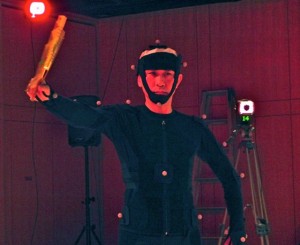This last weekend I gave a paper to the Hiroshima Seminar of Digital Humanities for the Dickens Lexicon Project. Dr. Nagasaki also spoke at this event and Dr. Imahayashi organized the event. This seminar was hosted by the English Research Association of Hiroshima (ERA), and supported by Grants-in-Aid for Scientific Research and the International Institute for Digital Humanities. I spoke on Text Analysis and the Digital Humanities. I showed Voyant.
The Dickens Lexicon project was new to me. I quote from a report Imahayashi wrote (PDF, English) online:
the Dickens Lexicon Project, which was organised in 1998 and consists of twenty scholars who graduated from Hiroshima University and Kumamoto University. The ultimate aim of the project is to compile the Dickens Lexicon from the cards Dr Tadao Yamamoto (1904-91) elaborately drew up and left to us. The Lexicon is expected to be released as “The Dickens Lexicon Online” on the internet website with the multifunctional search engine in the near future.
The Lexicon project goes back to before the war when Yamamoto started gathering materials for the first time.
On the 6th August 1945 the Atomic bomb was dropped on Hiroshima, owing to which his house was completely destroyed and all the cards and materials for the Lexicon were burnt to ashes.
Yamamoto, fortunately survived and he was able to restart the project, though he didn’t finish it.
The day after the seminar I visited the Peace Park and A-Bomb Dome in Hiroshima. Words don’t convey the emotions of visiting this site.


